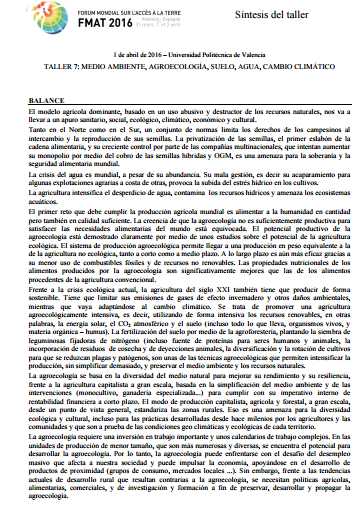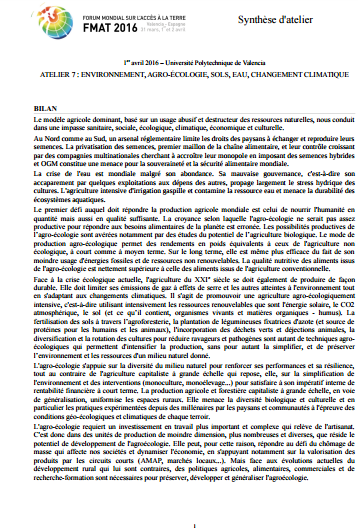2016 Global Food Policy Report: Synopsis [in Chinese]
2015年对国际社会而言是具有分水岭意义的一年。联合国千年发 展目标于2015年到期;自1990年以来,世界各国在实现千年发 展目标方面取得了重大的进展,极端贫困人口、儿童死亡率以及饥 饿人口比例均降低了约一半。然而,我们仍然面临着巨大的挑战。 《2016全球粮食政策报告》综述了影响2015年及未来的食物安全和 营养的主要趋势、事件和变化,并探讨了全球食物系统如何在为进 一步减少饥饿、营养不良和贫困做出最优贡献的同时,确保全球资 源的可持续利用。2016年是我们将新的国际和国家承诺转化为行动 的重要的一年。





